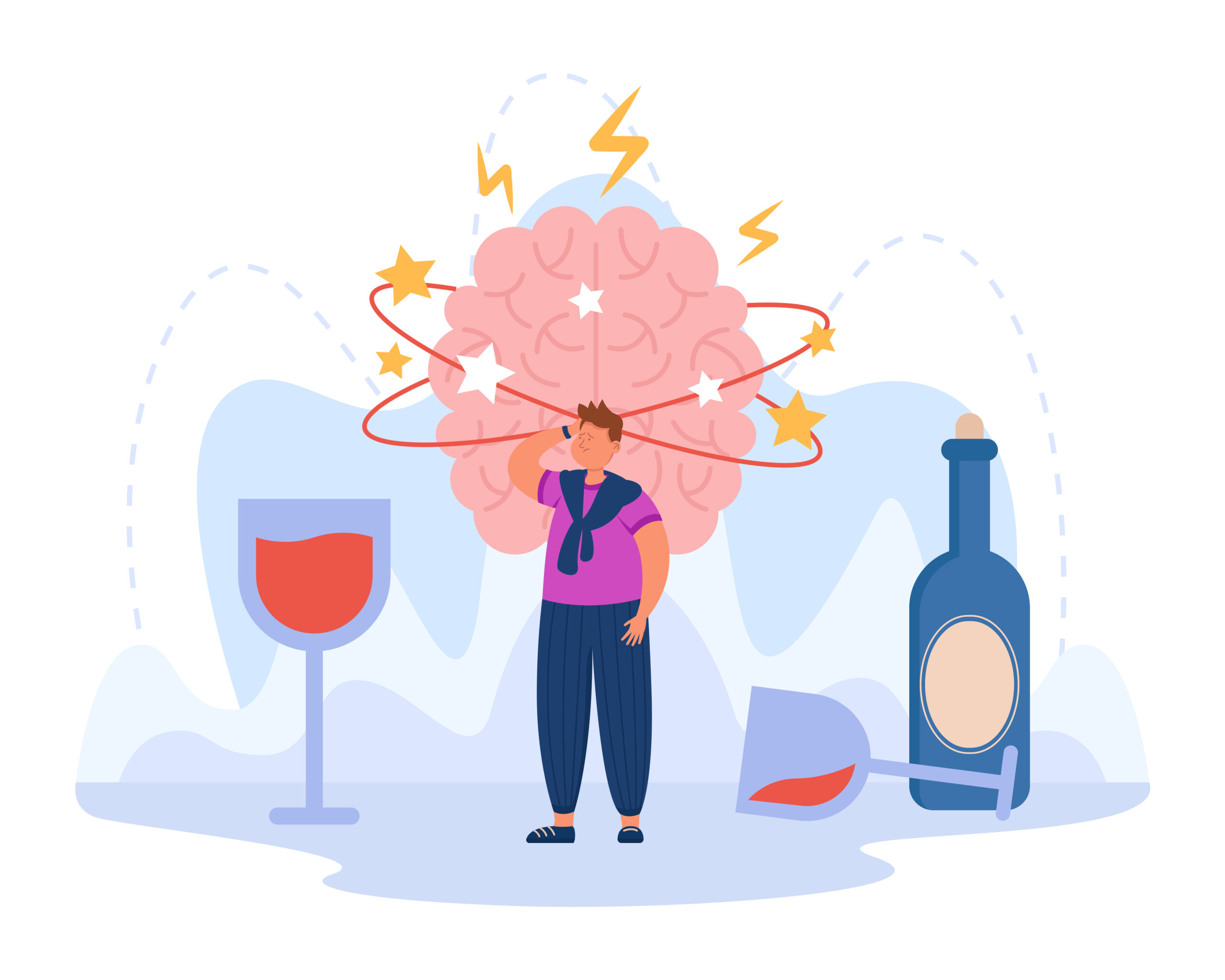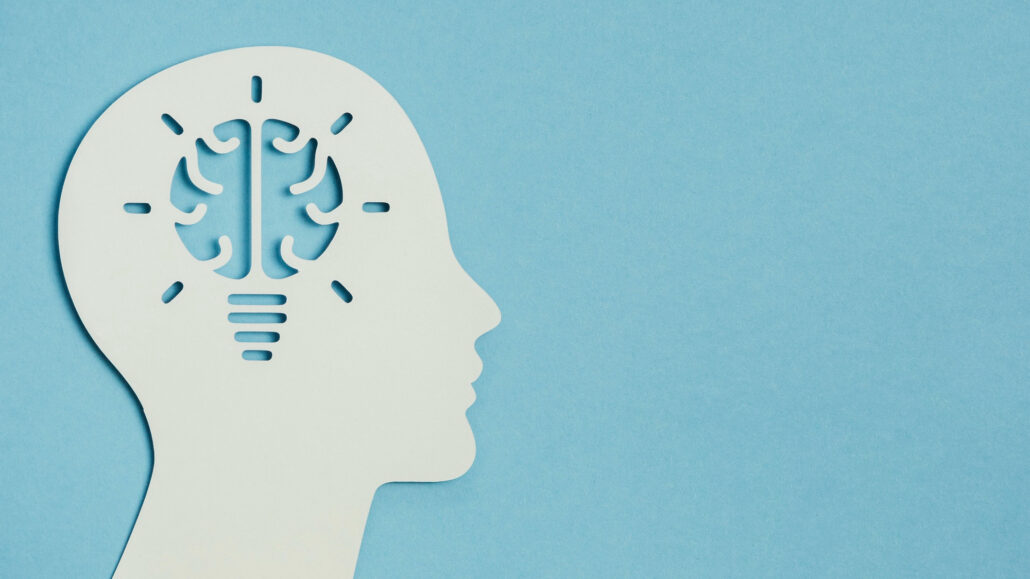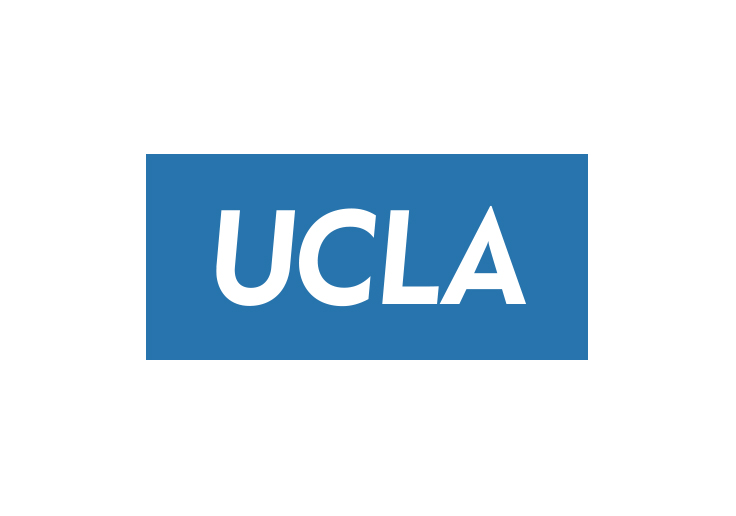Stress & Habit
Alcohol Study
Researchers at the University of California, Los Angeles are partnering with individuals who drink alcohol regularly to learn more about stress and decision-making. Join our compensated study today!

Fast Facts
drink alcohol Regularly
not seeking treatment for alcohol use
18-65 Years old
Compensation Provided
Recruiting in Los Angeles, San Fernando Valley, South Bay, Santa Monica
Study Background
Our researchers invite you to join a study aimed at learning more about how alcohol and stress interact in the brain. In particular, we want to examine how stress affects cognitive flexibility, meaning your brain’s ability to adapt to new, changing, or unplanned events, in the brains of people who use alcohol regularly.
Your participation in this study may help researchers improve treatment approaches for people with alcohol use disorder. Further research today and join our compensated study!

Study Background
Our researchers invite you to join a study aimed at learning more about how alcohol and stress interact in the brain. In particular, we want to examine how stress affects cognitive flexibility, meaning your brain’s ability to adapt to new, changing, or unplanned events, in the brains of people who use alcohol regularly.
Your participation in this study may help researchers improve treatment approaches for people with alcohol use disorder. Further research today and join our compensated study!
Additional Information
You may qualify for this study if you meet the following criteria.
Key Criteria:
- 18-65 years old
- Drink alcohol regularly
- Not currently seeking treatment for alcohol use
- No other drug use (besides marijuana)
- No history of serious head injury
- No non-removable metal objects in the body
- No claustrophobia
Once enrolled, participation includes:
- Screening Visit (Zoom or in-person): one to two hours of questionnaires and interviews to determine eligibility
- Behavioral Visit (in-person): 3.5 hours of questionnaires, interviews, and computer games
Experimental Visit (in-person): 3.5 hours of questionnaires and interviews, computer games, and an fMRI scan




